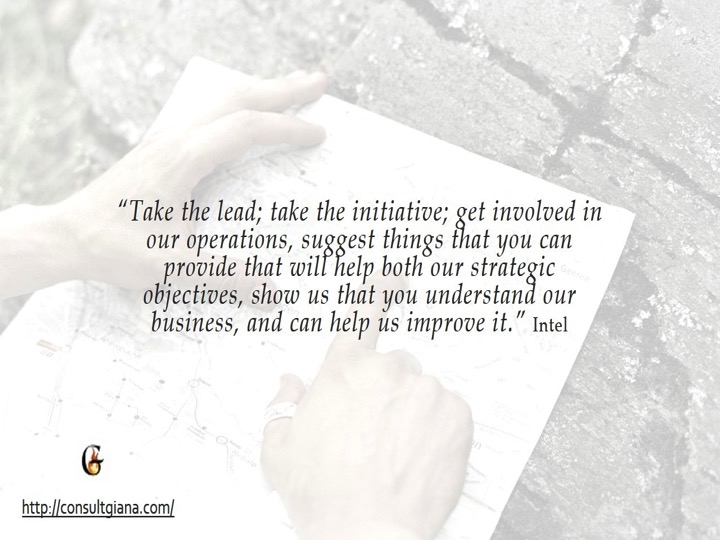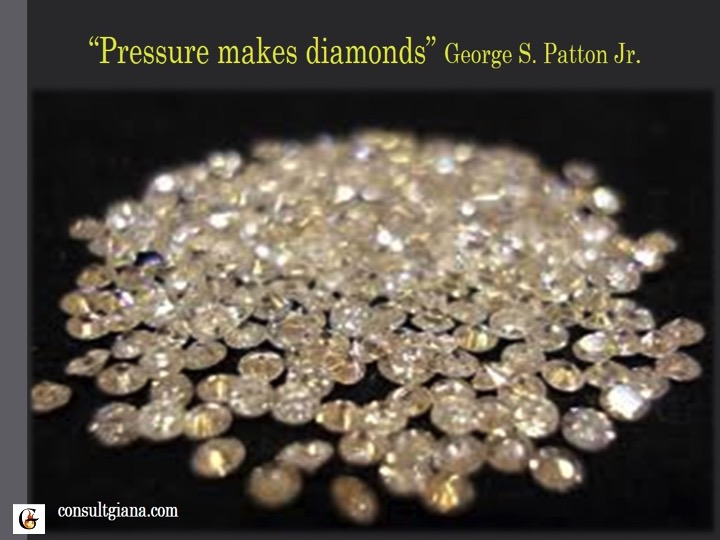
Over the past few months I’ve had several opportunities to visit with groups of people whose lives are being impacted by policies they don’t like or agree with.
Most of them have communicated their concerns with the first level key stakeholder – hoping for a fast change. Now it’s clear that although that person cares, change can’t happen from that level.
So individually some of them have:
- Sent one email to the decision maker.
- Sent more than one email to the decision maker.
- Sent one email and attended one meeting.
Collectively their over-riding belief is that the key-stakeholder can’t be trusted and change just isn’t going to happen.
So most have stopped communicating while others never bothered to communicate directly with the one person that can make change happen.
At the same time, they are still so troubled by the situation that each time the topic comes up, almost all of them continue to express lots of frustration and absorb the not so positive energy of those around them.
So why persist?







